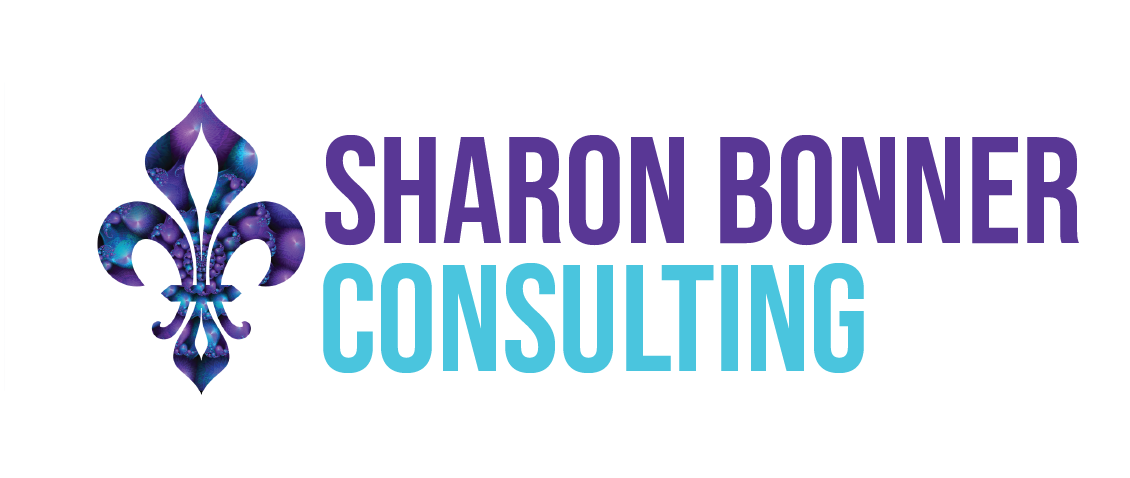Imagine being back in high school when your end-of-year report card revealed how well you excelled in different subjects, where your grades might have surprised or disappointed you.
By then, it was a little too late for changes. If only you had the chance to adjust your study methods or receive ongoing feedback highlighting your weak spots, you might have improved significantly, possibly landing on the dean’s list or scoring a spot at a top university!
But there’s no need to get hung up on the past! The focus should be on the present and what you can actively change or enhance today. This brings us to our main point: the power of post-event surveys. Just as regular feedback could have boosted your academic performance, conducting a survey after your event can similarly elevate your events to A+ quality.
So, why are post-event evaluations the key to unparalleled success? Here are six compelling reasons to start implementing them, straight from a reward-winning expert!
Reason #1: Feedback on Event Quality
I find that post-event surveys are crucial for ensuring quality control. These tools assess whether attendees enjoyed the food, the theme, the choice of music, or even the staff. With this measure, you can guarantee a successful event, knowing in advance whom to collaborate with, who to let go of, and perhaps find alternatives that would satisfy the guests. It’s about nailing the right formula for peak performance, making it much easier to work around any obstacles or themes, as you could simply pick the best of the best.
Reason #2: Measure Event Success Against Objectives
In addition to quality control, I find that surveys can help you meet your goal objectives through KPIs (Key Performance Indicators). Using a tool to measure your event’s success can be incredibly beneficial in the long run, providing valuable information on how and why to reach these set goals, whether it’s raising funds, finding investors, or forming partnerships. You can monitor what went right or wrong and which activities were most effective in achieving your targets, or at least made a lasting impression. In other words, you’re able to track the “customer satisfaction score,” essentially creating a cheat sheet for each client’s success.
Reason #3: Improve Future Events
Maintaining a detailed record of what works and what doesn’t is invaluable, not only for preserving your budget and esteemed reputation but also for staying adaptable in an ever-changing industry landscape. Here’s a reality check I use. Even if you are confident in your event planning skills, what resonated with audiences a few years ago might not have the same impact today. Trends shift, and attendee expectations evolve, meaning a once-successful formula does not guarantee continued success.
Regular feedback is not just a tool for reflection; it empowers you to stay ahead, fine-tuning your strategies to meet the currents of change. By embracing a culture of continuous improvement, informed by real, actionable attendee insights, you can navigate and lead the industry. In this way, you’re not just keeping up—you’re defining the next wave of event excellence.
Reason #4: Understand Attendee Demographics and Psychographics
It’s all in the data – really it is! Keeping a record of demographics and having a solid understanding of your attendees can also help you create the best event suited for that specific group. Different ages, cultures, and professional groups all like to celebrate in their unique ways, so knowing what gets them off their seats to dance can up your event game.
Additionally, understanding different cultural groups can help you avoid cultural appropriation, instead celebrating these cultures appropriately.
Reason #5: Enhance Engagement and Build Relationships
By conducting surveys, you can maintain contact with valuable connections, provided they are willing to share their information. Having a list of valuable individuals enables you to act as a bridge between clients. For example, you could invite them to a charity event for a good cause or recommend a collaboration. Possessing such a connection list could open many doors, not only for you but for others as well!
Reason #6: Marketing and Content Creation for Future Events
Constant feedback can also assist you with marketing your event. It’s well known that poor marketing doesn’t bring the crowd, so having such valuable insight is essential for ensuring everyone hears about the event and is excited to attend. As a result, good marketing is gold, especially when viewed from an attendee’s perspective.
Conclusion
In the dynamic landscape of event management, post-event evaluations are your strategic ally. They bridge the gap between aspiration and achievement, transforming the abstract into the tangible. As you embark on future projects, remember that success is not a stroke of luck; it is the product of relentless refinement, insightful strategy, and, most importantly, a willingness to listen and evolve.
Ready to elevate your event-planning prowess? Start by incorporating post-event evaluations into your strategy. The road to excellence begins with understanding yesterday, engaging with today, and anticipating tomorrow.










